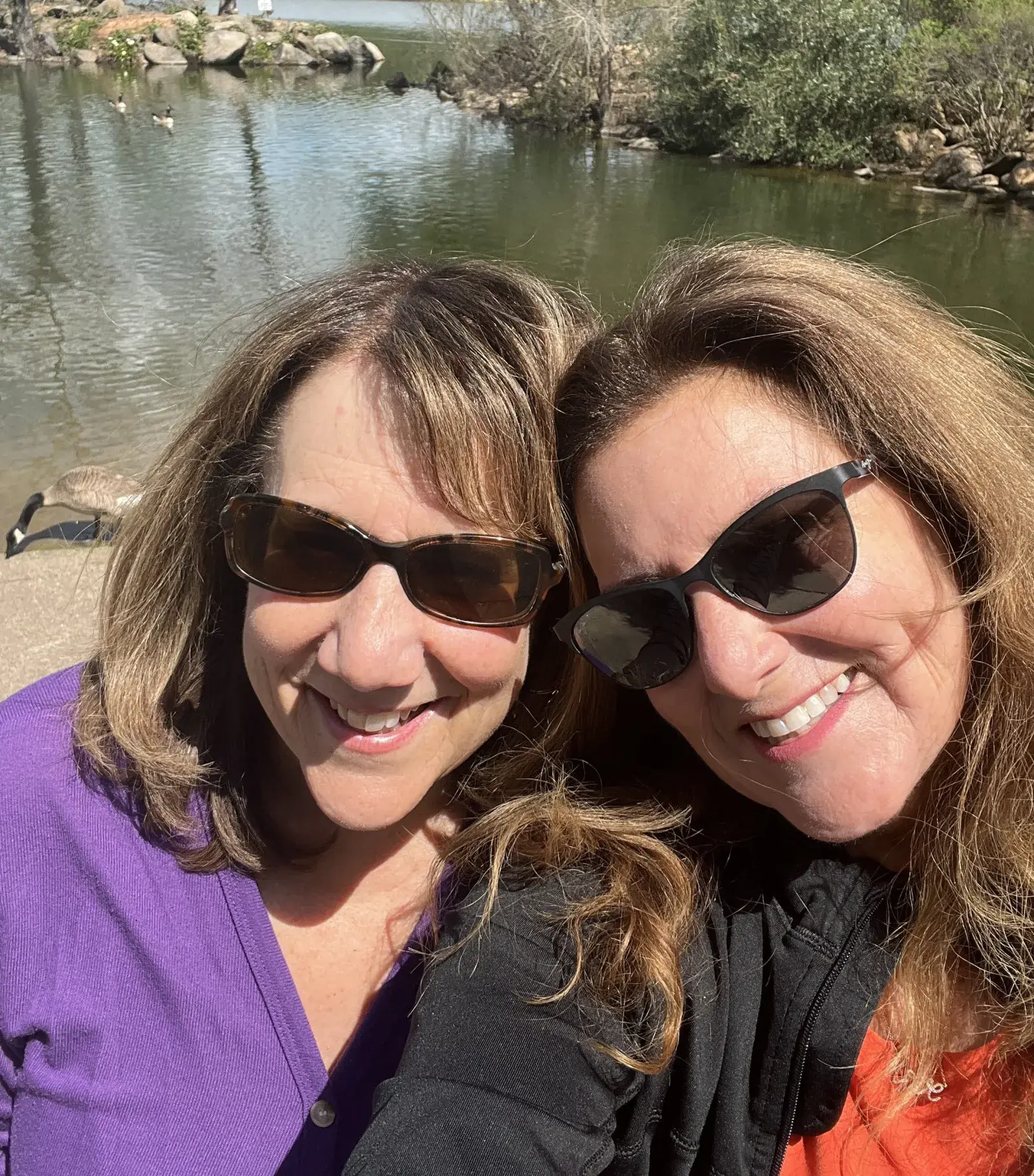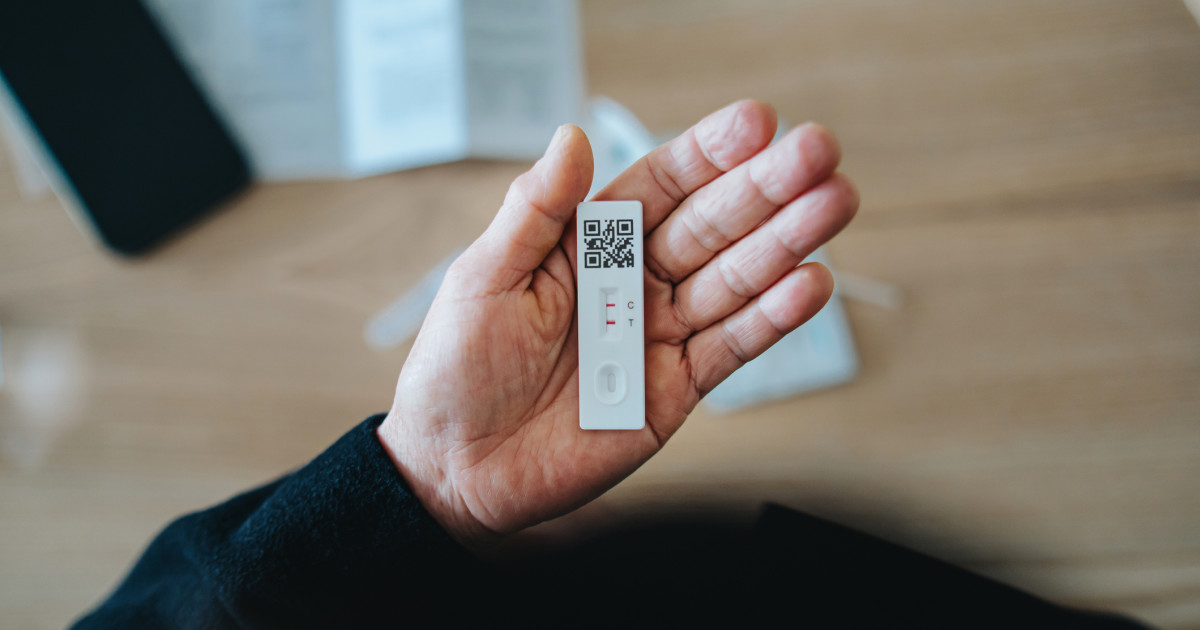Copyright newsweek

I knew it was bad when I started spotting. Bleeding after menopause was never good. After my biopsy, I was diagnosed with uterine cancer. The oncology navigator immediately scheduled my hysterectomy to get the “bad” cells out. While afraid and stressed, I had to deal with more than 40 emails from my HMO, five urgently needed pre-op tests and setting up my leave from work. The plan was to do a robotic-assisted laparoscopic procedure in three weeks, which would be less invasive than a 6-to-8-inch incision along my abdomen. With no open-wound surgery, I wouldn’t need months of recovery. While cancer was not happy news, I felt a tremendous relief that we had a plan. Then, four days before my scheduled surgery, my surgeon asked for a last-minute call. I had spoken with her five times in the month before my operation. Amid the flurry of appointments, I never questioned her expertise until that last call. She mentioned in different ways that she was worried about making mistakes during the procedure. She sounded tenuous and nervous, and said that she was no longer sure she should do the surgery the way she had planned. She volunteered that a tear could happen in the thin bag they use to remove the uterus in the robotic procedure, which could spread unhealthy cells to other organs. I was triggered and felt terrified. As a survivor of childhood abuse, my therapists always noted that my ACE (Adverse Childhood Experience) quizzes put me in the high-risk category for serious diseases. I was screaming inside. I know now that the abuse I experienced as a child has made me more likely to face disease as an adult, according to research. I couldn’t help but wonder if all this was happening because of my childhood trauma. My doctor was calling from a medical conference about uterine cancer. After hearing from colleagues, she was now thinking it would be safer to do the operation with an incision in my abdominal area, instead of the robotic-assisted laparoscopic procedure. I felt confused, sad, startled and uneasy. I wondered why she was pushing a last-minute change so late in the process. She said it was still up to me to decide which way to have the operation, but I was a writing teacher who knew nothing about medicine. As part of my Buddhist practice, I had been chanting for weeks to pray for the best treatment for my healing. I tried to be positive: Was her ability to be vulnerable and express her concerns a sign of the spiritual strength I’d been flexing? Leslie Mancillas (left) and her sister, Nancy. My sister, Nancy, a podiatric surgeon who was helping me navigate my health challenges, was on that last call. We were both freaked out. It wasn’t a good sign that my doctor was apologizing in advance. I found her honesty heart-warming on one level, but since I was to be cut open, it was also alarming. The second we hung up, my sister, who specialized in feet but was nevertheless still a surgeon, said, “Leslie, we need to check if your surgeon is board-certified.” I was shocked by the idea. “How could the surgeon not be board-certified?” Frozen in fear, we Googled. Nancy explained to me that after medical school, doctors need to complete residency, obtain a state license, apply to their specific board and pass rigorous exams to get board-certified in their specialty. It turned out that my doctor was only recently out of residency, so, no, she was not yet board-certified. Board certification is a voluntary process, though it’s considered the gold standard. There are various certifying boards and they all have different requirements, but certification usually involves logging a specific number of cases in a doctor’s specialty. The American Board of Surgery, for example, requires candidates to have completed 850 operative procedures as a surgeon over five years, according to its website. When I questioned my surgeon about this, she shared that she was not board-certified yet and she immediately asked if I preferred to have her mentor, who was board-certified, take over my case. Since he was free to do my surgery the same day she was set to, I enthusiastically said, “YES!” Within a few days of that call, I had a second pre-op meet-and-greet with the new surgeon. He shared with confidence and without hesitation that if I was his sister, and he liked me, he would do the open-wound operation to treat my tumor. He mentioned this was the best way to remove the tumor with the least chance of the cancer cells spreading. I was sold. The surgery and recovery went smoothly. My doctor said I would be in the hospital for three nights, but I was released the next morning. Was it because I was able to get a more experienced surgeon? I’ll never know for sure. Maybe everything would have gone smoothly with my first doctor, and I can’t fault her for being younger and less experienced – she was exactly where she was supposed to be at that point in her career. But I d...



